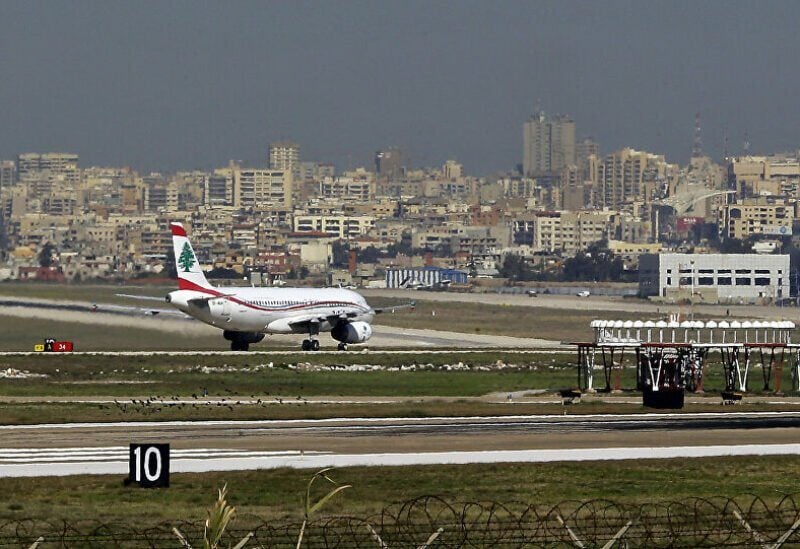
Rafic Hariri International Airport, Beirut - Lebanon
The General Directorate of Civil Aviation addressed what some media outlets and social media platforms have circulated regarding safety standards at Beirut-Rafic Hariri International Airport. They clarified that the visit carried out by a joint team from the International Civil Aviation Organization (ICAO) and the European Union Aviation Safety Agency (EASA) to Beirut-Rafic Hariri International Airport between June 12 and June 16, 2023, is a coordinated support mission as part of the No Country Left Behind program. This program, offered by the International Civil Aviation Organization in collaboration with other organizations, aims to provide support to all contracting states for the enhancement of their aviation safety practices.
The Directorate stated: “The report from the joint team indicated a shortage in the number of air traffic controllers working at the airport. This phenomenon has been experienced by most global airports due to the COVID-19 pandemic, which resulted in a significant shortage of personnel in the aviation sector.”
The Directorate emphasized that they are “in full coordination with the International Civil Aviation Organization to initiate training for new air traffic controllers and gradually compensate for the ongoing shortage in the number of certified controllers as many of them reach retirement age. This will be done according to the specifications and standards endorsed by the organization.”
They confirmed that “the shift schedules of air traffic controllers at Beirut-Rafic Hariri International Airport align with the aircraft movement volume while maintaining the safety standards of air navigation.” They pointed out that “some content on social media about a danger threatening the safety of air traffic at the airport is completely false.”
Furthermore, they also reiterated their “commitment to implementing the highest safety standards adopted in global airports, following the recommendations of the International Civil Aviation Organization.”